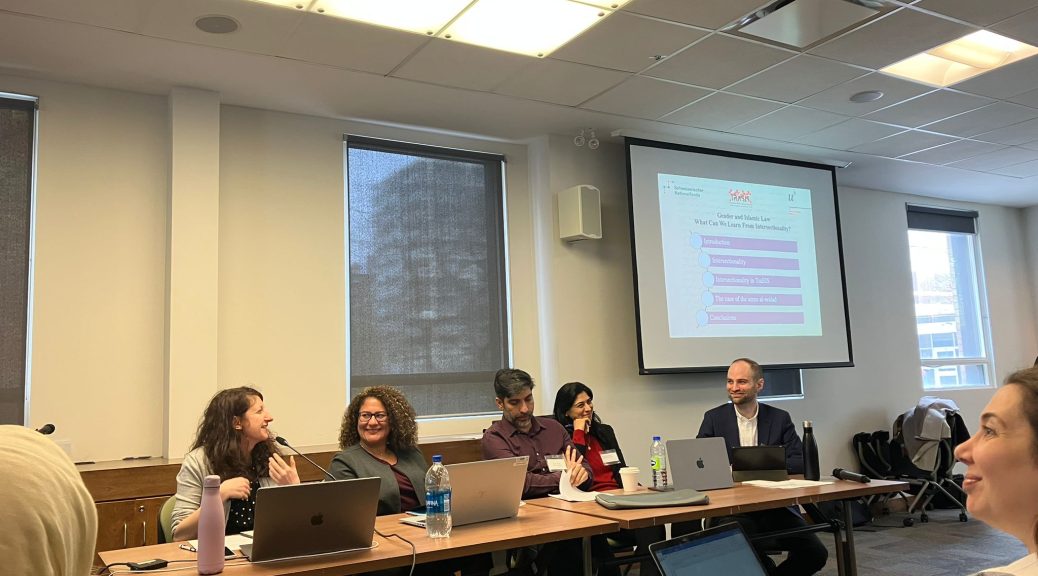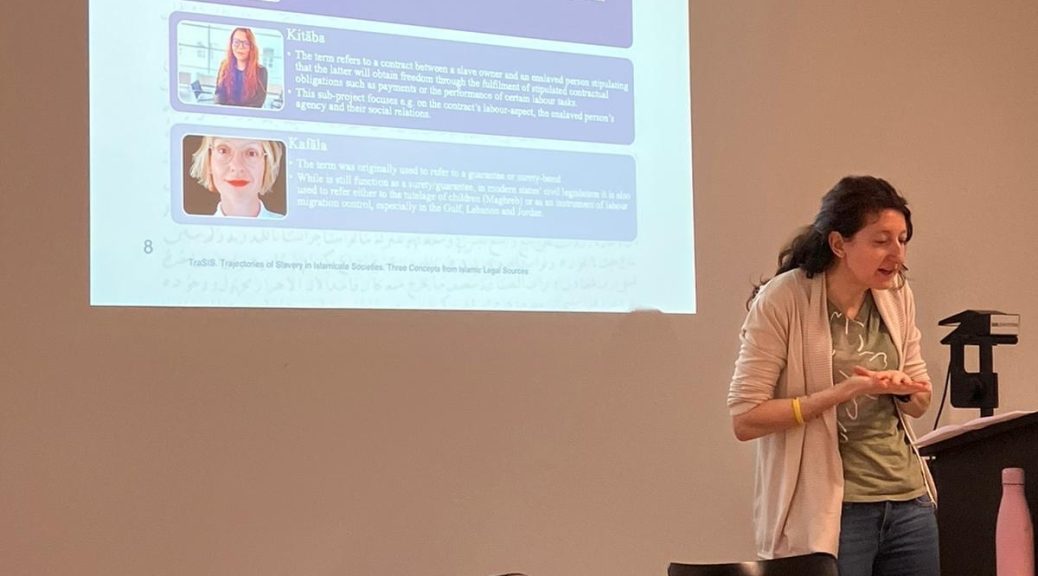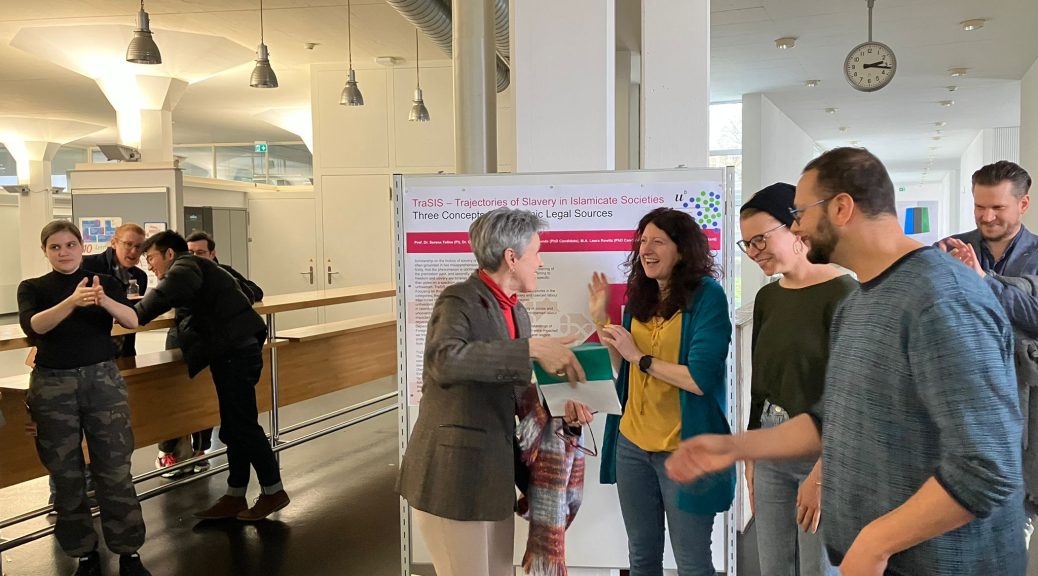The Standard Unified Contract for Migrant Domestic Workers in Lebanon — Recognition of Rights and Responsibilities or Facilitation of ‘Modern Slavery’?
In 2020, a new Standard Unified Contract for domestic workers was adopted by the Ministry of Labour in Lebanon. The new contract aimed at granting migrant domestic workers a number of rights which had been afforded to other kinds of workers under the Labour Code many years ago, including a 48-hour work week, a weekly rest day, overtime pay, sick pay, annual leave, and the national minimum wage, with some deductions permitted for housing and food.[1] Most importantly, as Human Rights Watch state, “The…


